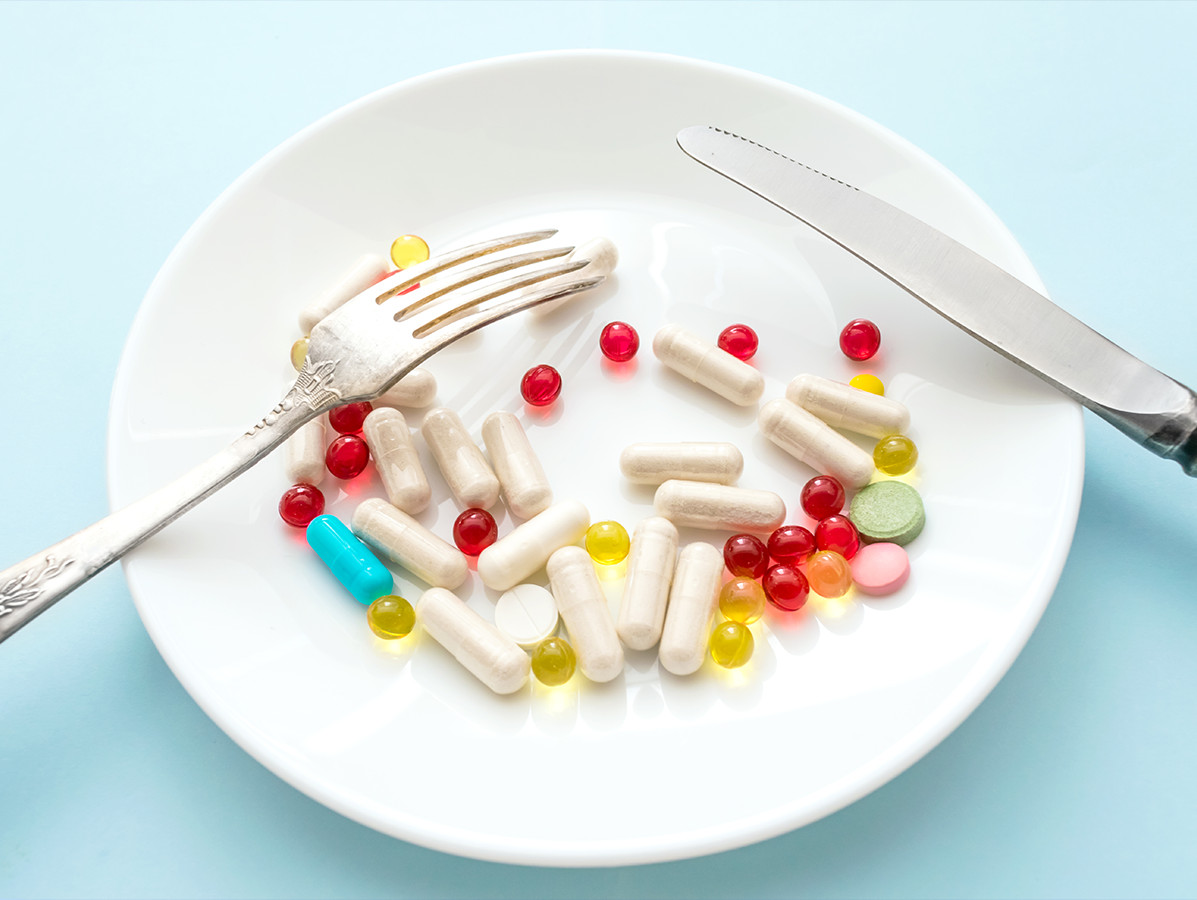
Food supplements are products in the form of pills, powders, drops, capsules, or drinks and are meant to supplement daily food intake. Just like other foods, these products are also monitored for the presence of unknown prohibited substances. Wageningen Food Safety Research (part of WUR) has recently uncovered unknown prohibited substances by applying artificial intelligence to scientific literature and other media.
Monitoring food supplements is necessary, as research by the Netherlands Food and Consumer Product Safety Authority has shown that 64% of them contain one or more prohibited, pharmacologically active substances or poisonous plant substances. This inspection was based on an existing list of prohibited substances. But what if you also find substances that are not on the list yet? What steps should you take?
Wageningen Food Safety Research used artificial intelligence to identify new, prohibited, stimulating substances that are not on the list, but that are mentioned in scientific literature or other media. Researchers developed an algorithm that examines the correlation between words in a text. This algorithm was “trained” to look for words with a similar meaning or that are used in the same context as the word “stimulant”. After that, the list was filtered for chemical substances and they were compared to the existing list of known prohibited substances. Eventually, 20 unknown prohibited substances were found that could be used to “enrich” food supplements. These substances were added to the database that is used to monitor food supplements.
This successful approach on the basis of artificial intelligence can also be useful for detecting other types of substances or risks that impact on food safety, such as food additives or different types of food fraud.
Source: Wageningen University & Research